
Darlings of Justice
Author: Yuri Andrukhovych
Translator: Vitaly Chernetsky
Darlings of Justice is the sixth novel by Yuri Andrukhovych, a leading contemporary Ukrainian author. Subtitled “a parahistorical novel in eight and a half episodes,” the book marked Andrukhovych’s long-awaited return to plot-driven narrative prose from works in a more essayistic mode. The entire novel is closely linked to Ukraine. As a result, it can be read as a powerful meditation on the puzzles and …
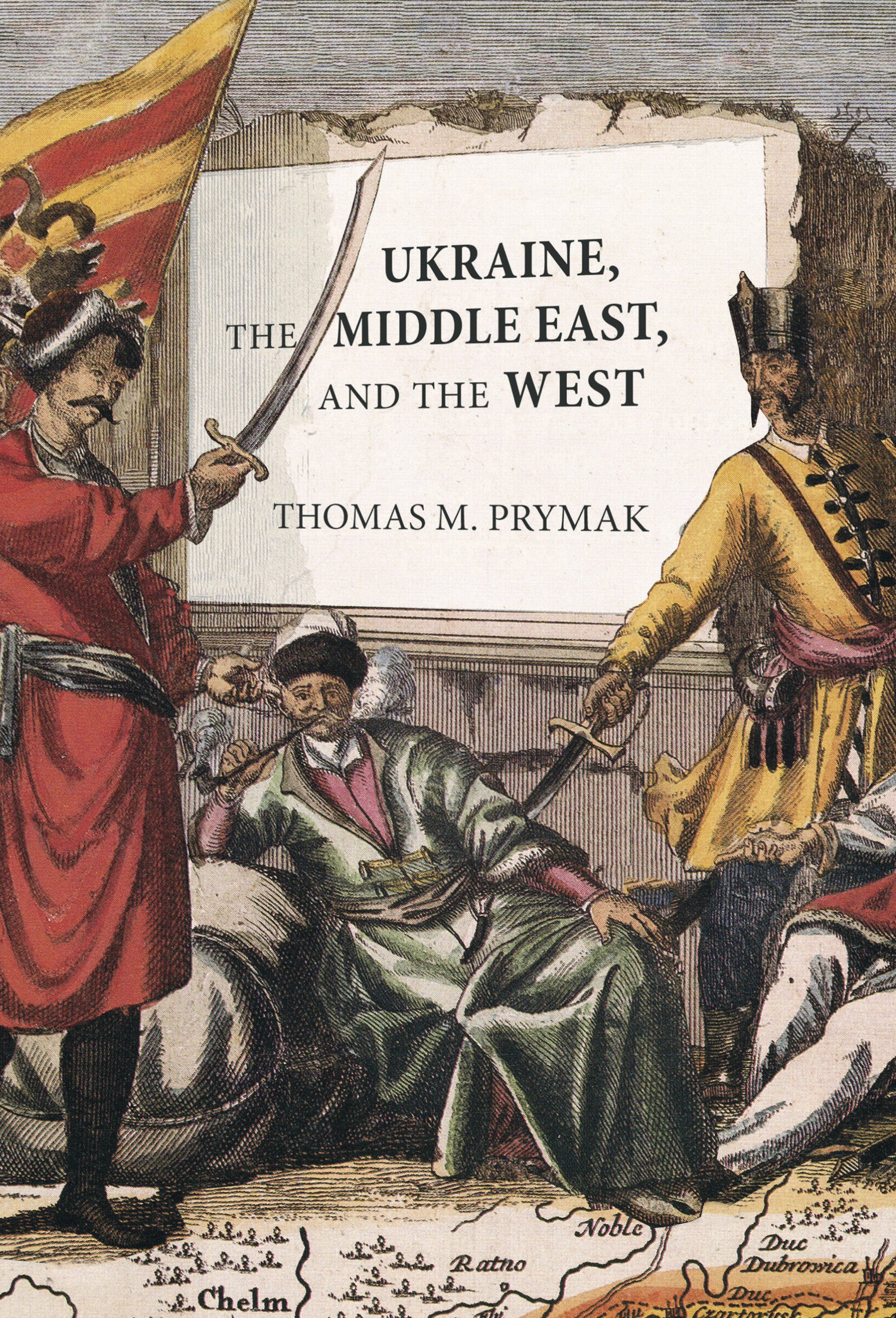
Ukraine, the Middle East, and the West
Prior to the Soviet period, Ukraine enjoyed diverse contacts with its Islamic neighbours: the Crimean Khanate and the Ottoman Empire and, likewise, with its central and western European neighbours, especially Poland and France. This book reintroduces Ukraine's long-overlooked connections beyond Eastern Europe and smashes old stereotypes about Ukrainian isolation.
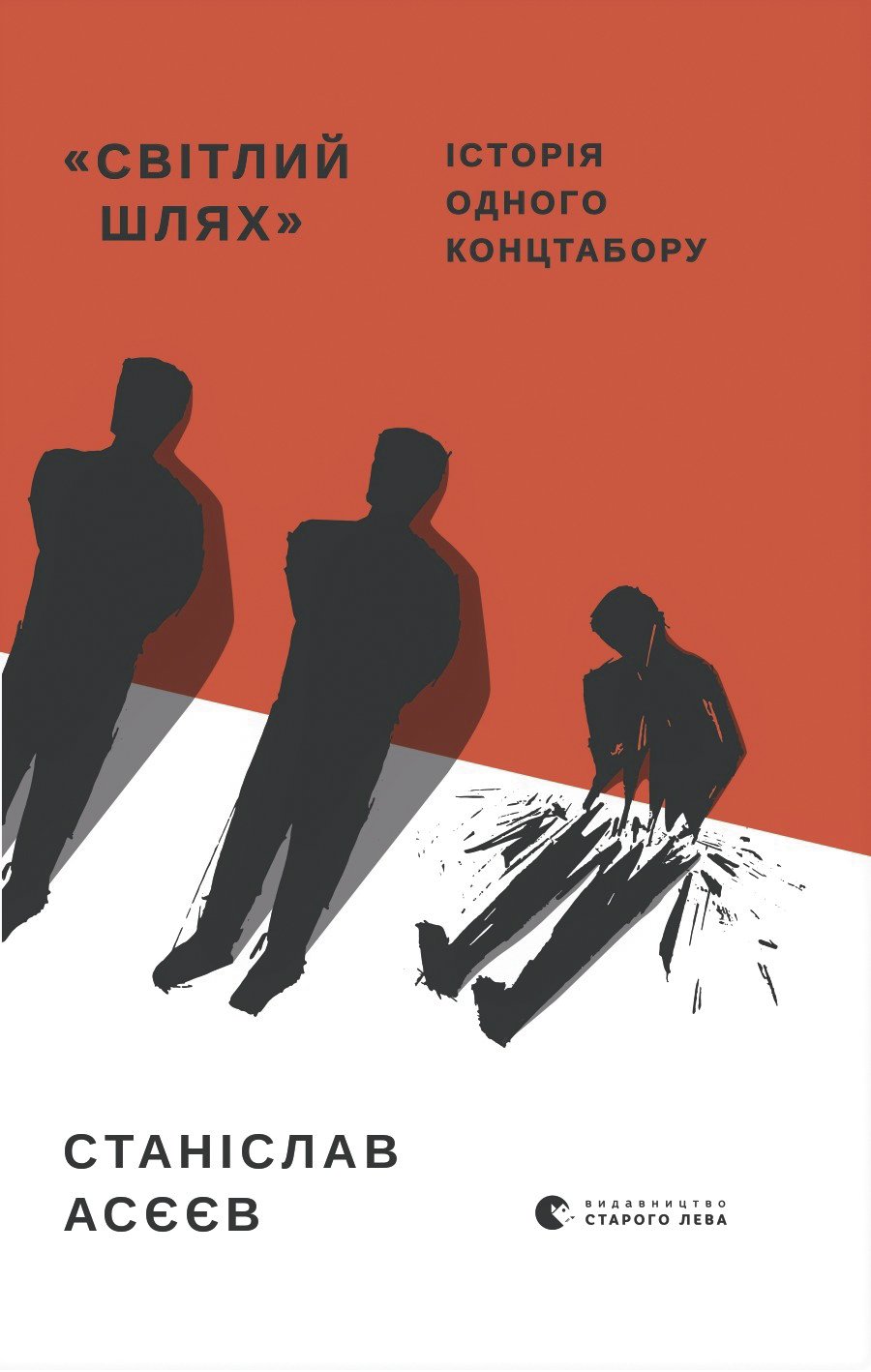
The Torture Camp on Paradise Street
Abducted by Russian security forces in 2017, journalist Stanislav Aseyev survived the hell of imprisonment in a concentration camp operated by Russia’s military proxies in eastern Ukraine. This intense book recounts the author’s mental and physical struggle to survive imprisonment in a camp where horrific torture was employed to destroy countless lives. There are no laws behind the prison fence. Here, life consists of humiliation, unending fear, and agony— where wounds from electrical shocks and broken bones destroy a man’s desire to live and distort one’s ability to distinguish between faith, forgiveness, and hatred. By recounting his struggle to remain human in the most inhuman conditions, we come to understand how the darkness of his captivity forever altered the author’s outlook on life.

Knights of the Hungry Renaissance
One of Ukraine’s leading art historians examines the phenomenon of the “Ukrainian avant-garde” art movement, which the Western art world discovered relatively late, thanks to the 1973 exhibit in London known as “Tatlin’s Dream.” The art of the Ukrainian avant-garde was exceptional since it was produced during a relatively short period of profound historic turmoil — World War I, followed by the Bolshevik Revolution, the collapse of the Russian Tsarist empire, the birth of the Ukrainian Republic, revolutionary war, the destruction of religious institutions, brief Ukrainianization, followed by a forced famine and Stalinist political repression. The book profiles the leading artistic figures of the Ukrainian avant-garde and notes its profound influence on the nonconformists of the 1960’s, including the Ukrainian cultural and political anti Soviet dissident movement of the sixties.
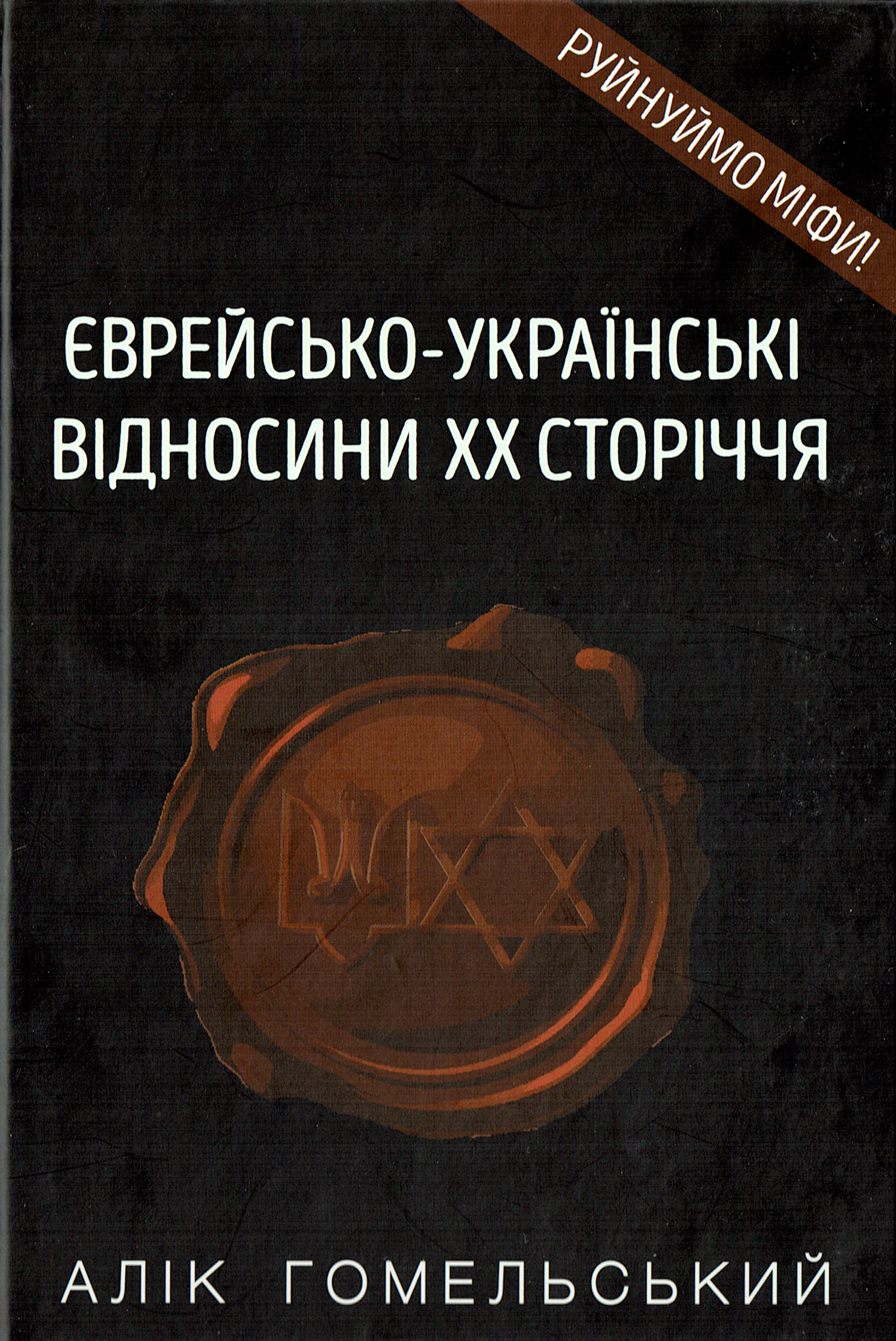
Jewish-Ukrainian Relations. The Twentieth Century
The book’s Jewish Ukrainian author analyzes the most painful events in the history of the Ukrainian and Jewish peoples and focuses on the systematic efforts of Russia’s tsarist and Soviet empires to sow interethnic conflict, employing disinformation and historical fabrications to create hatred and dysfunction.
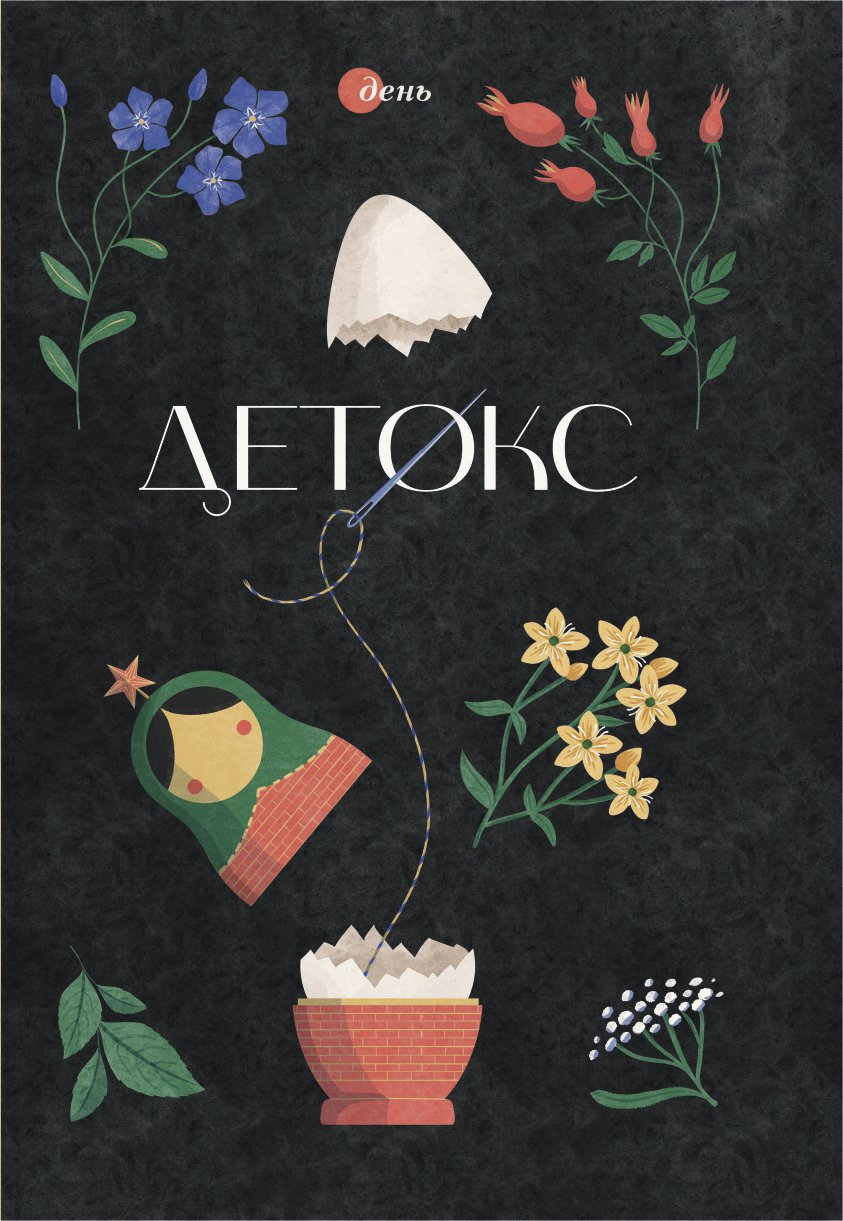
Detox
This volume of articles, edited by the Kyiv-based Editor-in-Chief of Ukraine’s newspaper Den (The Day), strives to shatter the image of the Ukrainian people as chronic victims. The book traces the thread of Russian chauvinism from the Romanovs to Putin’s Russia, as it presents the unknown stories behind an array of vastly different historical figures, including Ivan Mazepa, Fyodor Dostoevsky, Mykola Skrypnyk, General Petro Grigorenko, and Mikhail Gorbachev. As alluded to by the book’s title, readers are challenged to detoxify themselves from the imperialist myths imposed on the Ukrainian psyche by centuries of toxic Russian authoritarianism and destructive colonialist policies.
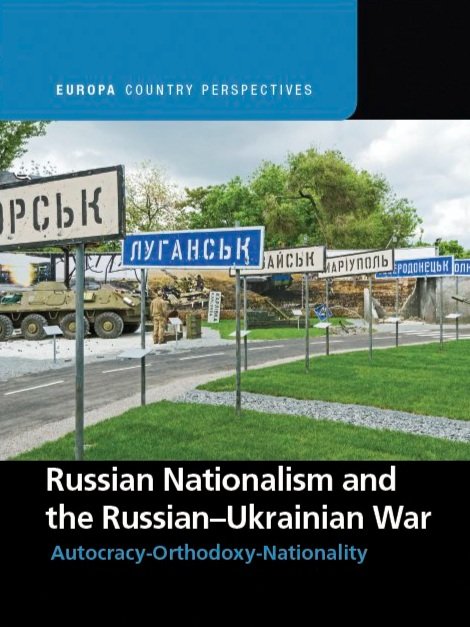
Russian Nationalism and the Russian-Ukrainian War
This timely and relevant book places imperial nationalism and chauvinism at the centre of Putin’s Russia and identifies them as the driving pretext for the February 2022 invasion of Ukraine.
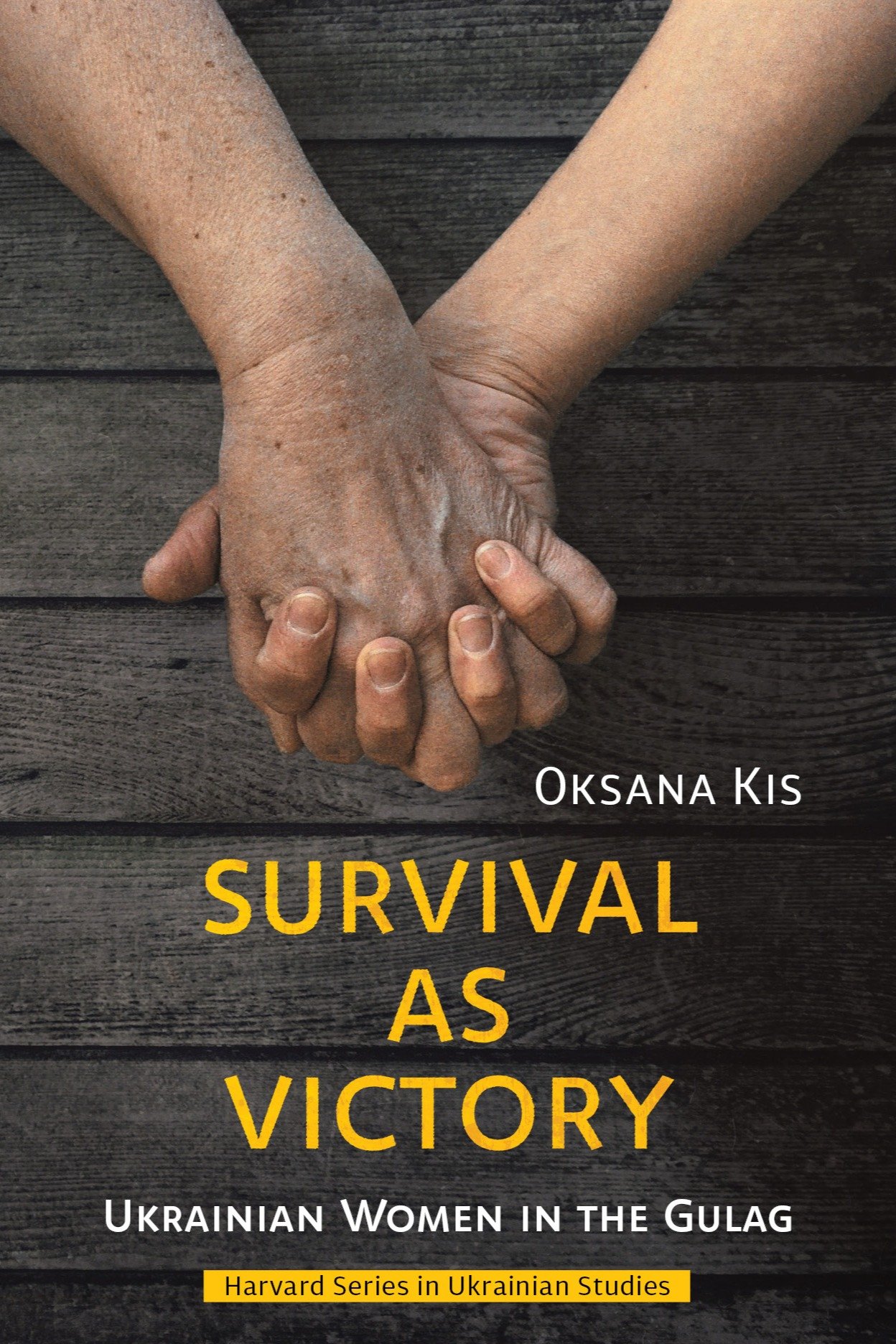
Survival as Victory
This groundbreaking book showcases an overlooked chapter in the history of Stalin’s notorious Gulag —the untold story of the hundreds of thousands of Ukrainian women arrested, sentenced, and imprisoned in the vast network of Soviet labour camps…
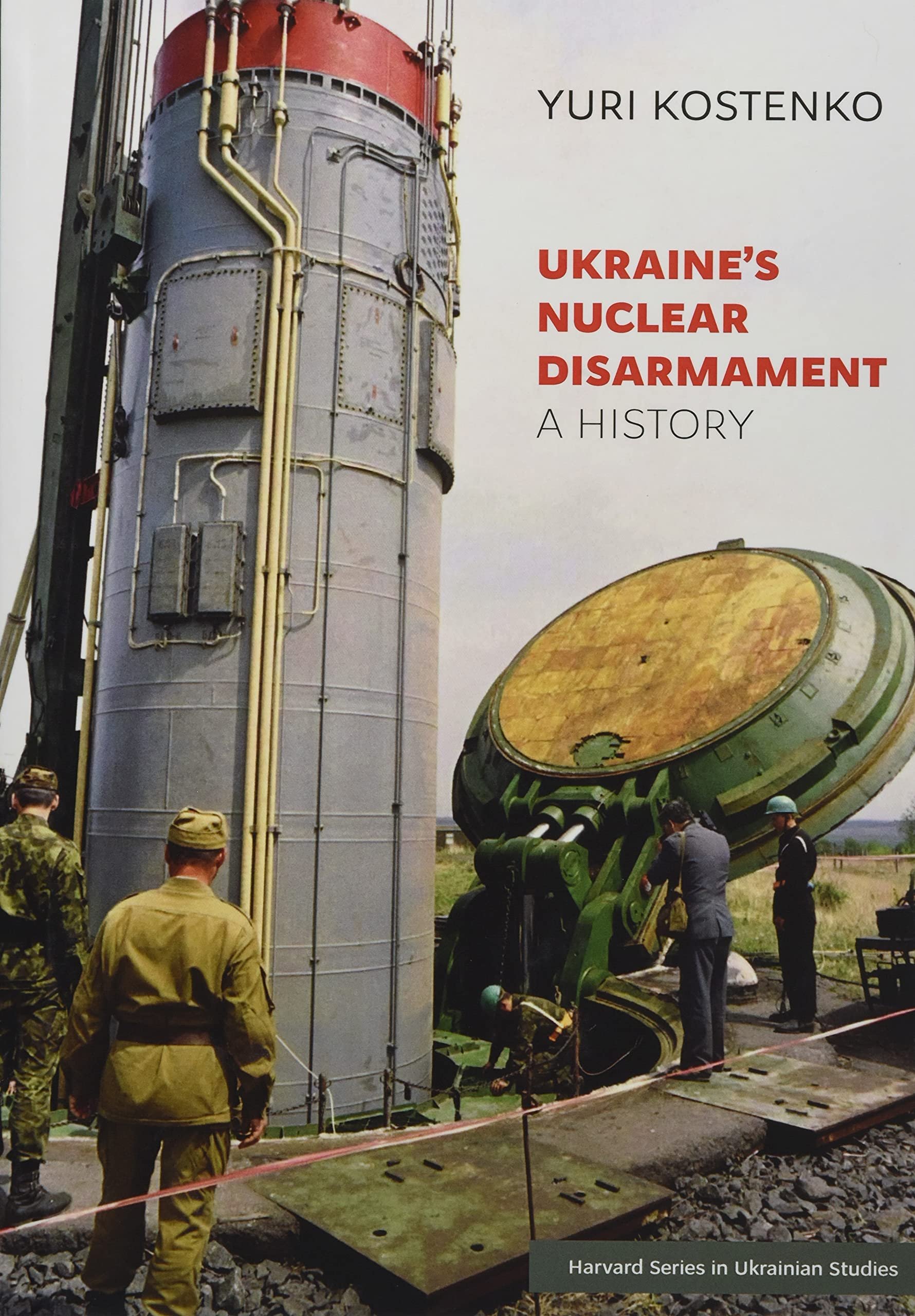
Ukraine’s Nuclear Disarmament: A History
In December 1994, Ukraine gave up the third-largest nuclear arsenal in the world and signed the Non-Proliferation Treaty, having received assurances that its sovereignty would be respected and secured by Russia, the United States, and the United Kingdom.
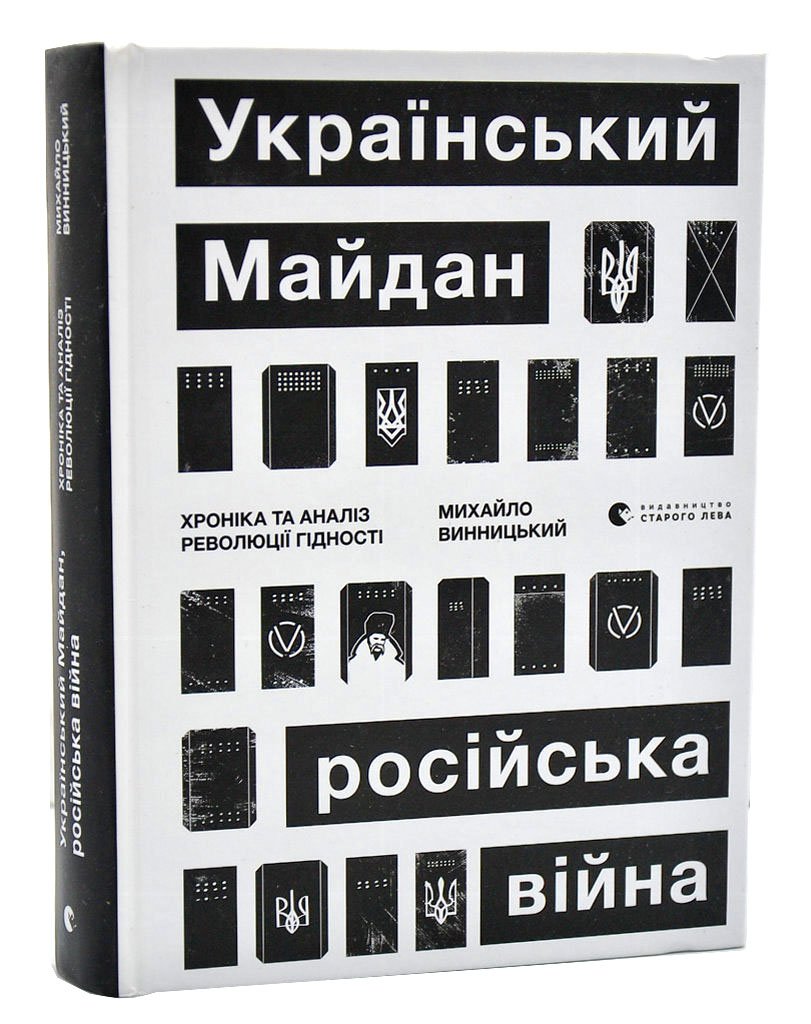
Ukraine’s Maidan, Russia’s War
In this book, the Canadian-born scholar Mychailo Wynnyckyj interprets the fate of the Ukrainian Revolution of Dignity as a turning point, not only in the modern history of Ukraine, but, in fact, in the history of Western civilization. It is a very positive development that the book’s unique analysis, once only available to English readers, is now accessible to a Ukrainian audience.

The Gordian Knot
Translated from the second edition of the original work published in 2012 by the University of Kyiv Mohyla Academy Publishing House, the 2020 translation attempts to provide a broader historical context to a wider Polish-Ukrainian civil war that was not rooted in one event, namely 1943 Volhynia, but rather began in 1942 and ended in 1947.
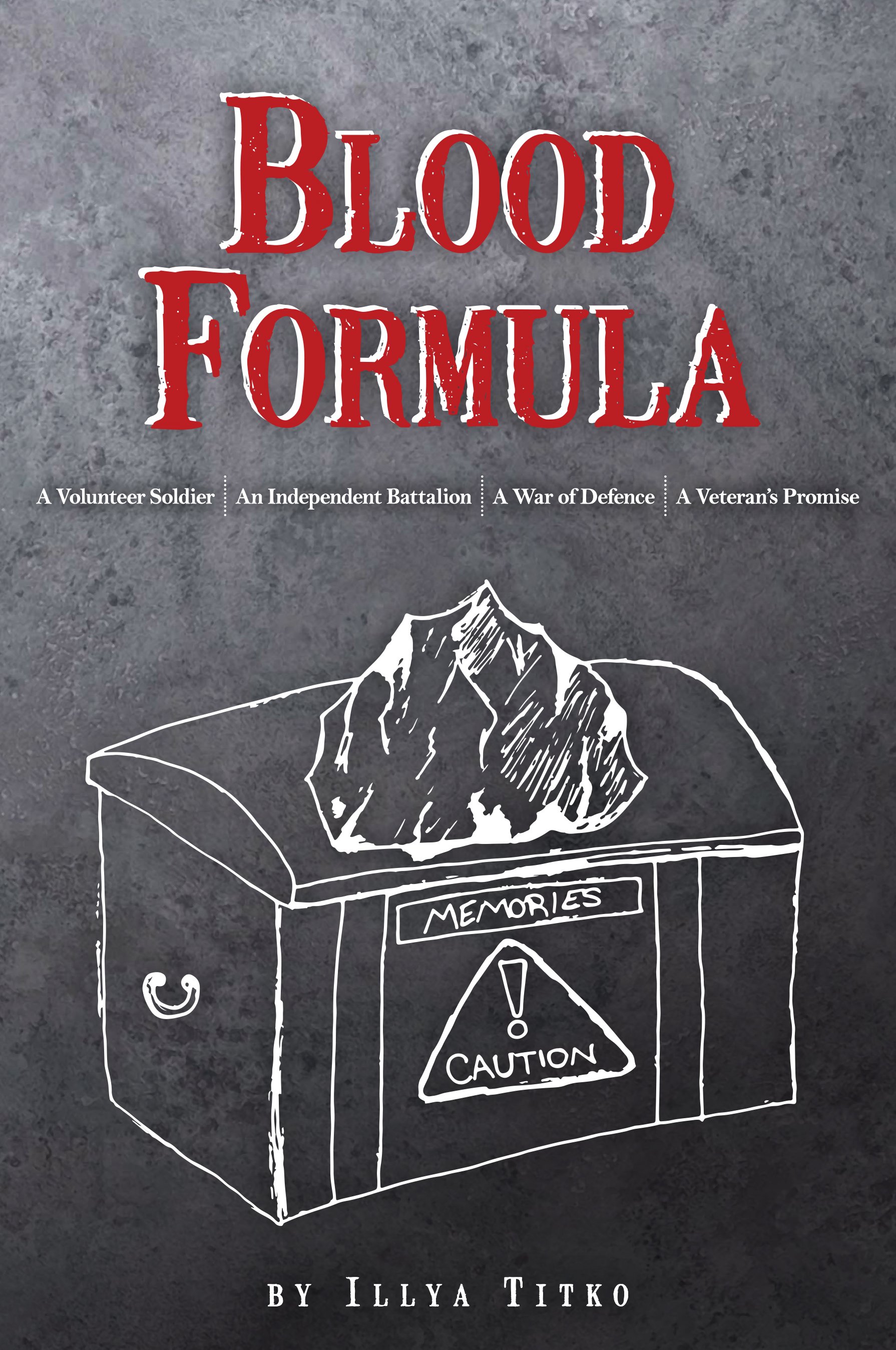
Blood Formula
The story of Senior Lieutenant Illya Titko’s service in one of Ukraine’s motorized infantry brigades, conveys what it’s like to go to war, and how to find the strength to live with the emotions and memories that haunt you. The book’s value lies in its mission to help all of us to understand the experiences of the people, the country, and the individuals who, like Illya Titko, followed the path of defending their country.
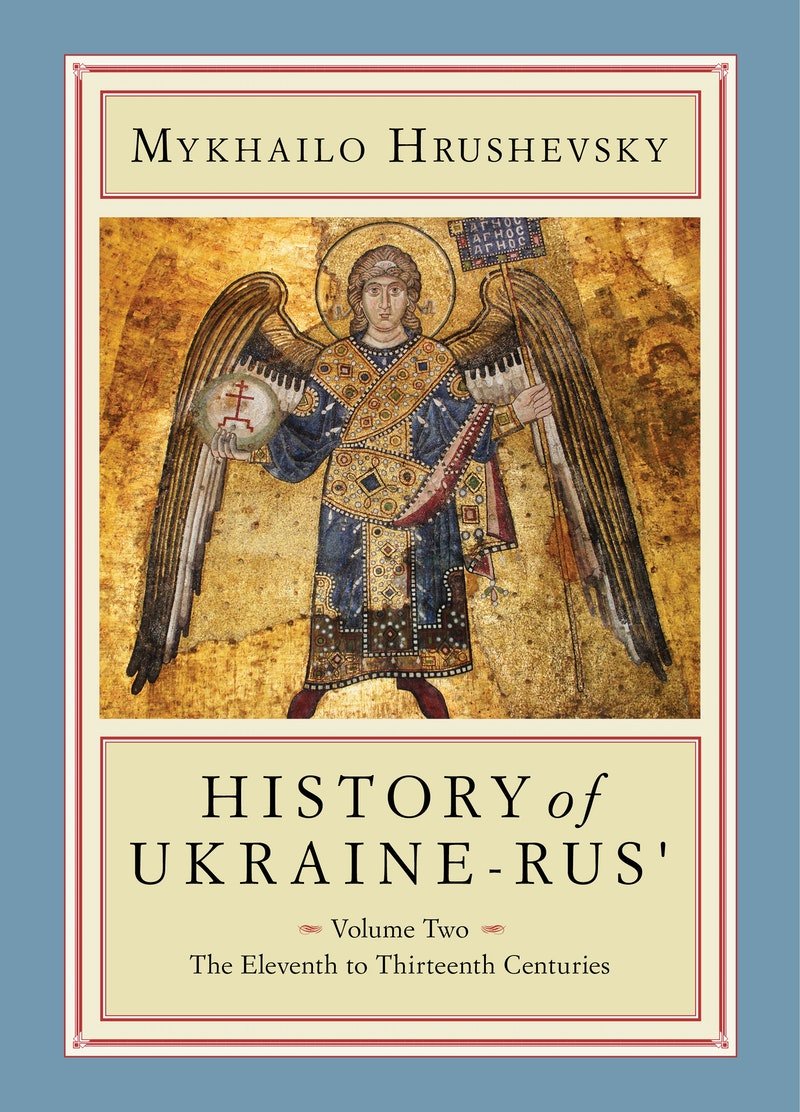
History of Ukraine-Rus' Volume 2
Hrushevky’s History of Ukraine-Rus’ represented a seismic break from the Russocentric paradigm that had previously driven historiography. Russian imperial domination of political history had sought to entrench a narrative advocating a direct continuity between Rus' and the Suzdalia-Muscovy-Russian Empire…
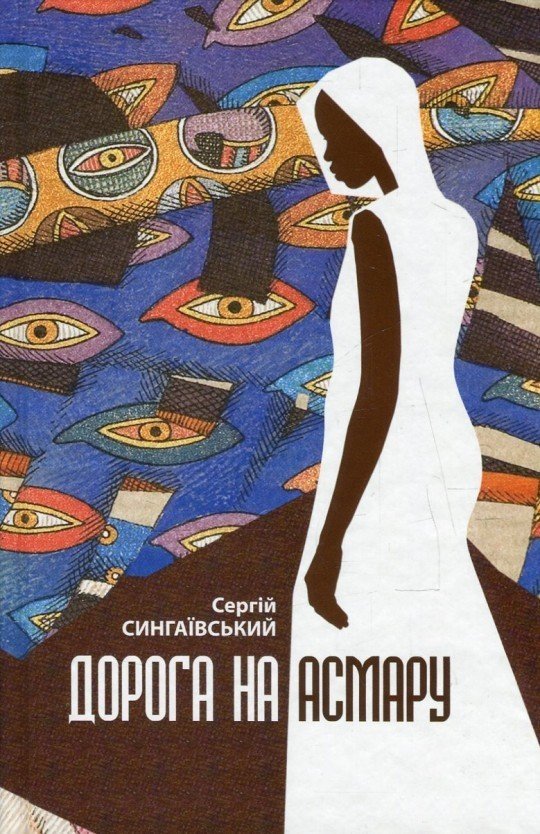
Road to Asmara
Author: Serhiy Synhaivsky
Translator: Ksenia Maryniak
In the words of Ukrainian writer, Oksana Zabuzhko: “Road to Asmara is the best book written in Ukrainian in the past decade. This book has a great future not only because it’s well written. It is essentially the first Ukrainian viewpoint on the history of the Soviet Union’s colonial wars in the 20th century. It has yet to reach the wider public, with the exception of the no-nonsense men who were forced into Soviet Army duty, if not in Afghanistan then other military arenas…
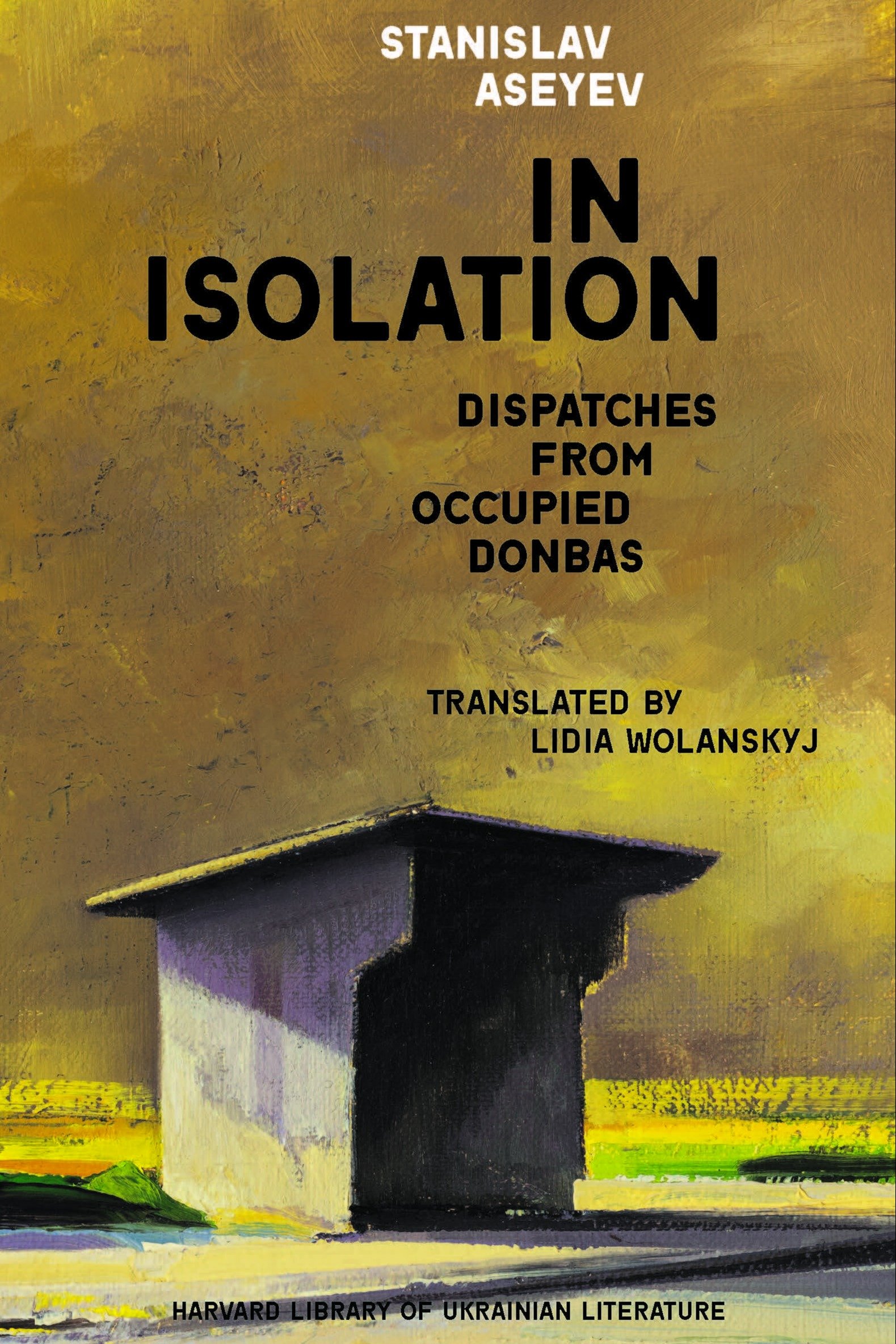
In Isolation. Dispatches from Occupied Donbas
Author: Stanislav Aseyev
Translator: Lidia Wolanskyj
In this exceptional collection of dispatches from occupied Donbas, writer and journalist Stanislav Aseyev details the internal and external changes observed in the cities of Makiïvka and Donetsk in eastern Ukraine.

Ivan and Phoebe
Author: Oksana Lutsyshyna
Translator: Nina Murray
"Ivan and Phoebe" won Ukraine’s Taras Shevchenko National Prize for Literature in 2021. The novel chronicles the lives of several young people involved in the Revolution on the Granite in 1990.

Forgottenness
Author: Tanja Maljartschuk
Translator: Zenia Tompkins
Published in Ukraine by Old Lion Publishing in 2016, Tanja Maljartcshuk’s Forgottenness («Забуття») was the winner of the BBC Book of the Year Award. This literary, psychological, and historical novel, written in hauntingly sparse and deliberate prose, chronicles the mental and emotional journey of a young Ukrainian woman searching through her nation’s past for footprints to guide her through the present.

Details of an Hourglass
Author: Mykola Horbal
Translator: Myroslava Stefaniuk
This is a translation of poems and song lyrics written by Mykola Horbal — a poet, musician, and human rights activist, who was repressed by the totalitarian Soviet regime and imprisoned three times in the Gulag for "anti-Soviet agitation and propaganda."

Decommunization in Ukraine
Author: Oleksandr Hrytsenko
Translator: Ksenia Maryniak
Originally published in 2019 by the Kuras Institute of Political and Ethnic Studies of the National Academy of Sciences of Ukraine, Oleksandr Hrytsenko’s monograph is rich in both primary and secondary sources, providing a broad and comprehensive view of Ukraine’s politics of decommunization in the context of social, political, and cultural transformations in the post-totalitarian and, in some respects, postcolonial country.

Eternal Calendar
Author: Vasyl Makhno
Translator: Ali Kinsella
With narratives that move back and forth from the 17th century to the present, Vasyl Makhno's Eternal Calendar layers local, Ukrainian history onto global histories. Various ethnic groups come together and interact in the delineated space of a small town in what the author calls the "Brownian motion of history."